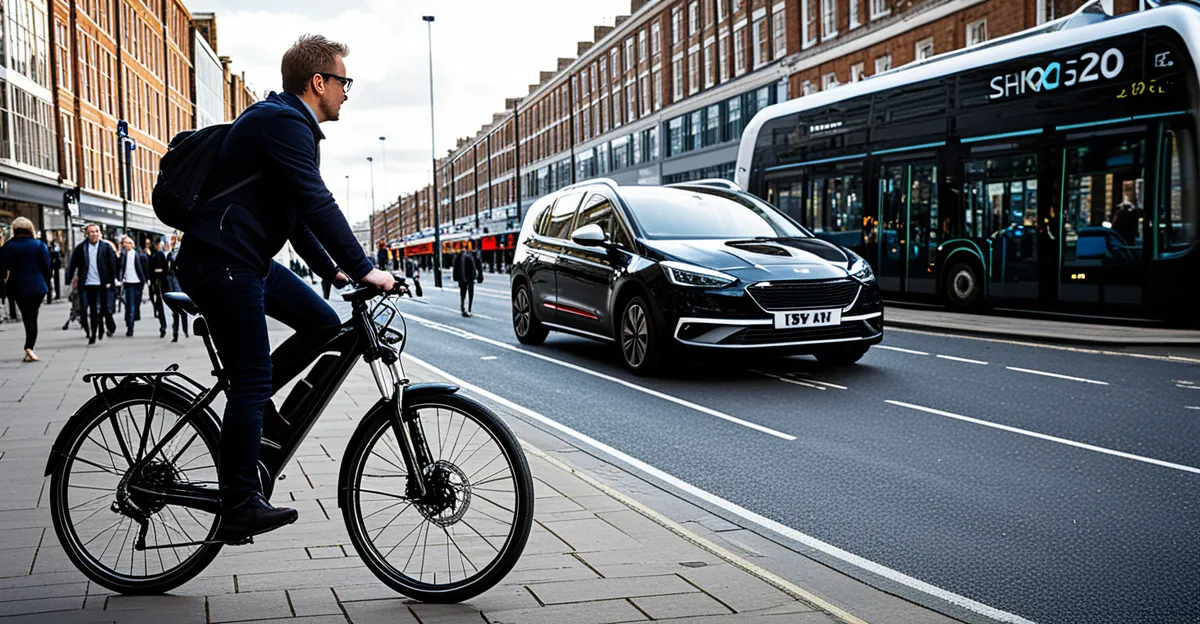Projected Technological Advancements in Urban Mobility
Urban mobility innovation in the UK is rapidly accelerating, driven chiefly by the rise of electric vehicles UK and autonomous transport. The adoption of electric and hybrid cars is expanding steadily across UK cities, supported by improved battery efficiency and charging infrastructure. This transition significantly reduces urban emissions, aligning with national sustainability aims.
In parallel, autonomous vehicles are advancing through enhanced AI algorithms and connected vehicle networks. These technologies promise smarter traffic management, reduced congestion, and improved safety. Urban centers are increasingly testing connected vehicle systems that enable cars to communicate with each other and city infrastructure, fostering a more seamless and responsive transportation ecosystem.
Also read : How Will Electric Vehicles Transform the UK’s Automotive Sector?
Emerging mobility technology trends also spotlight micro-mobility solutions like e-scooters and shared bikes. These options offer last-mile connectivity, reducing dependency on cars for short trips. Importantly, integration of micro-mobility with public transport networks creates a multimodal approach, promoting efficiency and convenience. Together, these developments paint a promising picture of urban transport that is cleaner, smarter, and more adaptable to evolving cityscapes.
Environmental and Sustainability Impacts of Mobility Innovation
Sustainable transport UK initiatives increasingly focus on expanding low-emission zones (LEZs) and zero-emission zones within urban areas. These zones restrict high-polluting vehicles, encouraging the use of electric vehicles UK and other green mobility options. LEZs contribute directly to improved urban air quality by significantly lowering nitrogen oxides and particulate matter emissions, which benefits public health.
In parallel : How Is Innovation Reshaping the Future of the UK Automotive Industry?
Cleaner transport solutions play a pivotal role in carbon reduction efforts. The shift toward electric vehicles UK, powered increasingly by renewable energy sources, reduces reliance on fossil fuels and slashes greenhouse gas emissions. Renewable energy integration ensures that the environmental benefits of electric mobility extend beyond tailpipe emissions to overall lifecycle sustainability.
UK cities are also investing in infrastructure to support green mobility, including charging stations powered by solar and wind energy. This strategic development enhances the practicality and appeal of sustainable transport UK options. As environmental implications become central to urban planning, coordinated efforts between policymakers, industry, and communities are essential to realise a low-carbon transport future that aligns with national climate goals.

Comments are closed